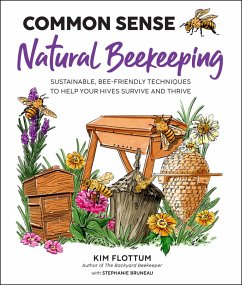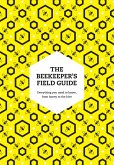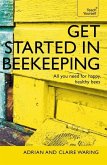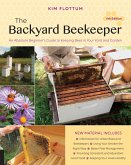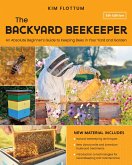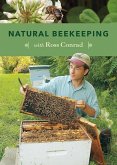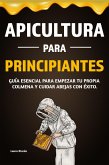With Common Sense Natural Beekeeping, learn to keep bees sustainably with limited chemical or human intervention.
Today's bees face unprecedented challenges. Chemical treatments for pests like the ubiquitous and deadly varroa mite have become standard even as resistance to such treatments grows and evidence suggests the chemical treatments themselves are contributing to the widely discussed Colony Collapse Disorder.
Common Sense Natural Beekeeping offers beekeepers a different choice. Based on expert advice from Kim Flottom, editor emeritus of Bee Culture magazine and best-selling author of The Backyard Beekeeper, this book teaches holistic, sensible alternatives to conventional apiary practices, and includes:
Beekeepers today have myriad choices to make that affect their bees' health and productivity. From housing to nutrition, including pests and diseases, Common Sense Natural Beekeeping introduces sustainable alternatives for natural hive management.
Today's bees face unprecedented challenges. Chemical treatments for pests like the ubiquitous and deadly varroa mite have become standard even as resistance to such treatments grows and evidence suggests the chemical treatments themselves are contributing to the widely discussed Colony Collapse Disorder.
Common Sense Natural Beekeeping offers beekeepers a different choice. Based on expert advice from Kim Flottom, editor emeritus of Bee Culture magazine and best-selling author of The Backyard Beekeeper, this book teaches holistic, sensible alternatives to conventional apiary practices, and includes:
- Lessons from the way bees live in the wild
- Management strategies that respect the natural intelligence of the bee
- Hive design elements that promote colony health and resilience
- Case studies highlighting successful natural beekeepers from around the world
Beekeepers today have myriad choices to make that affect their bees' health and productivity. From housing to nutrition, including pests and diseases, Common Sense Natural Beekeeping introduces sustainable alternatives for natural hive management.
Dieser Download kann aus rechtlichen Gründen nur mit Rechnungsadresse in A, D ausgeliefert werden.

